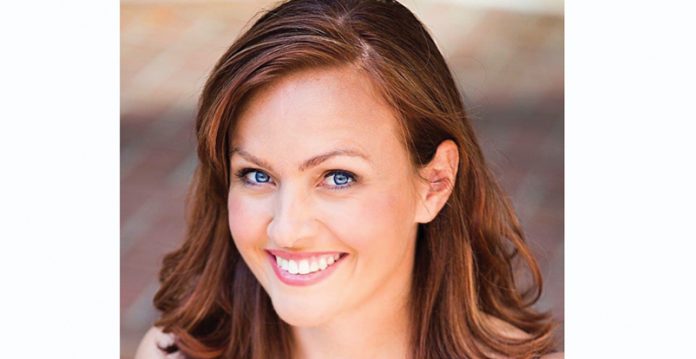
During my music therapy internship at a state facility for teens and adults with mental illnesses, I learned that many of the adults we served within the facility, who were there largely because they had been charged with crimes, shared the foster care experience of my teens.
Most of my teens had been through about 14 different placements by the time they got to our facility and had developed negative coping mechanisms due to their life experiences. No one had taught them how to process their emotions or trauma, which would come out in explosive tantrums. Like my adult patients, they also had no one in their lives who was there just for them, but only staff who went home at the end of each shift. Can you imagine what being raised in an institution instead of a family and not having even one consistent parent could do to a person’s psyche? It turns out, it gives you no way to learn about love and respect for others.
I decided I wanted to make a difference and break this cycle. I saw that trying to understand the “why” behind their coping mechanisms, connecting and showing unconditional love (especially after behaviors meant to drive you away) brought about significant changes, even healing. As soon as I learned about Therapeutic Foster Care (TFC), I knew I wanted to be involved.
TFC serves children in loving home settings instead of institutions, equipping foster parents to help children work through the trauma they’ve experienced. TFC homes receive more intensive services – weekly family and individual therapy for the child, an on-call team of therapists to help in times of crisis, monthly respite to give tired foster parents time to rejuvenate, and trauma-based trainings to help parents understand why children have developed these negative coping mechanisms and help reframe them in a more positive way.
As a TFC parent, I have seen my house walls torn apart because something I did unknowingly triggered memories of past abuse. As anger shifted to tears, I’ve had children melt into my arms and let me hug them as they deescalated from their meltdowns. I’ve seen them work hard to pay me back for damages after I didn’t kick them out like so many had done before, and start to develop personal responsibility and a mutual respect for others.
As a TFC parent, I’ve seen kids and teens learn to identify the feelings underlying all of their anger. This has often been fear and sadness, which, when allowed to fester, become depression and anxiety. I’ve gotten to know my kids for who they really were and found them to be sweet, incredibly loving children who were just hidden underneath the walls they’d built to protect themselves. I got to truly connect to them in a way no one else had, and watch them learn to trust others.
Being raised in a home instead of a hospital or group home taught them what being a part of a family is like. They learned how to care about others and how their actions can hurt someone. They learned self-worth because someone was willing to love them instead of just focusing on their behaviors. I saw them excel in school, work and activities and start to make healthy relationships. These are things that don’t readily happen in institutions.
If we want to make our society a safer place, we need to teach kids how to love. As a TFC parent, you can teach by example and be a part of truly changing the world, one child at a time.
It takes all kinds of people to serve children and help them become healthy and whole again. Why not you?
Amanda Martindale is a Therapeutic Foster Parent with Choices for Life Counseling and Foster Care in Oklahoma. To learn more about Therapeutic Foster Care or apply to become a certified TFC foster family, visit beaneighbor.ok.gov, or call 1-800-376-9729.













